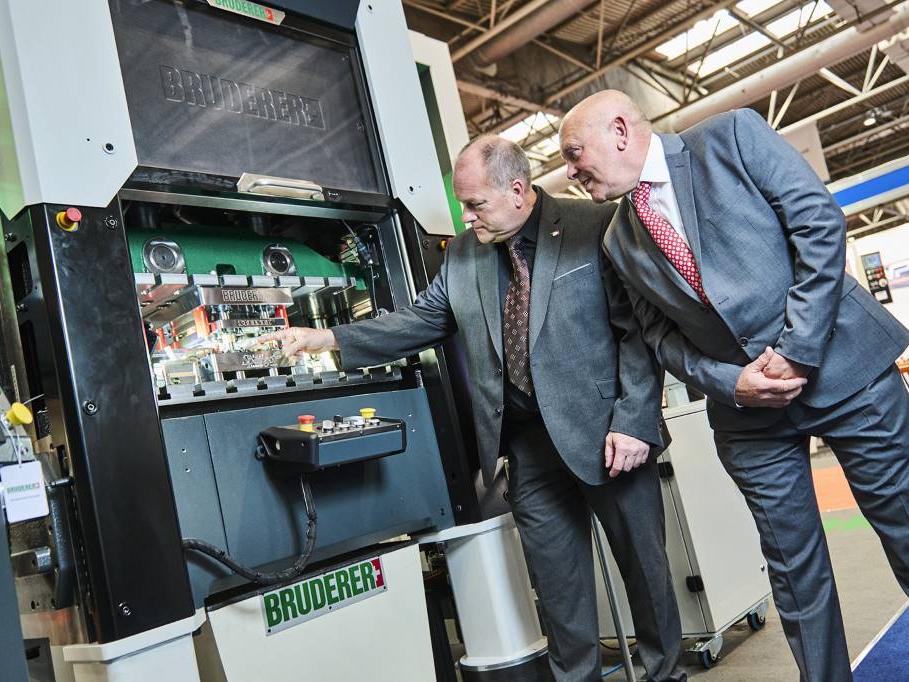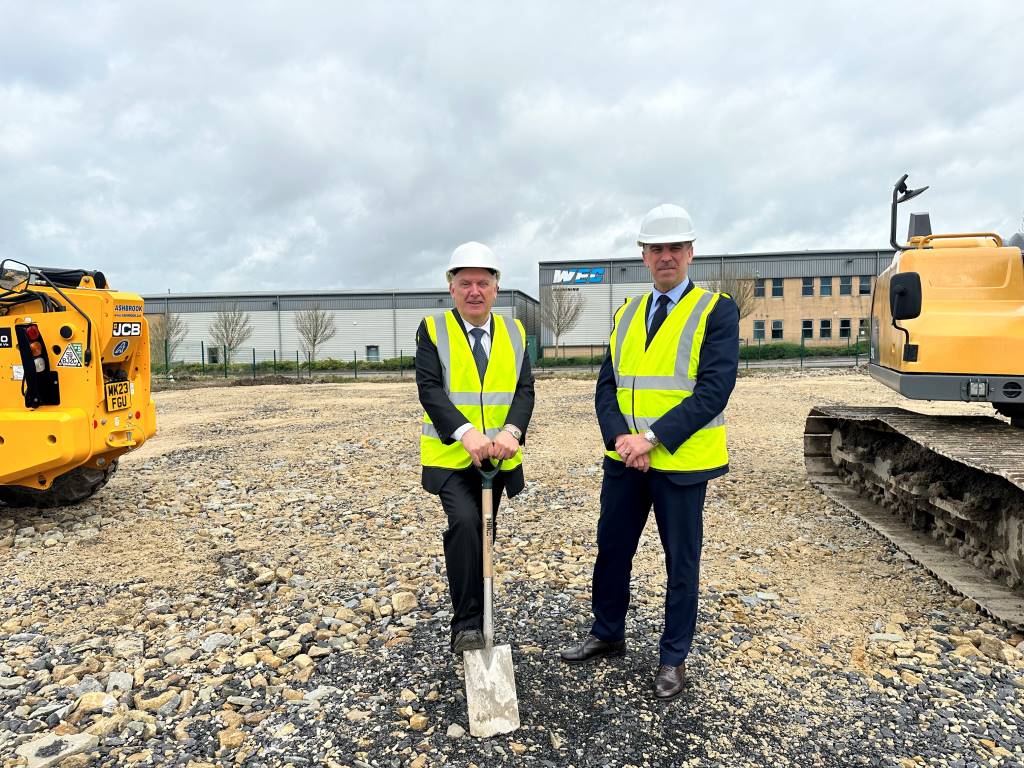thyssenkrupp steps up additive manufacturing operations

thyssenkrupp’s newly opened TechCenter Additive Manufacturing in Germany has now started making customized products from metals and plastics in a single digital process. This has been opened with the aim to industrialize the 3D printing process.
The entire design and manufacturing process is handled digitally, offering numerous advantages not only for the value and supply chain but also for customers and the environment. The company aims to use its existing experience and research partnerships to unlock the potential of 3D printing for customers within a short space of time.
Key markets such as engineering, aerospace, naval shipbuilding and automotive will benefit particularly from this technology. Internal projects are already underway.
“Additive manufacturing is a further step in the digital transformation of our company and an important element of our innovation strategy,” says Dr. Heinrich Hiesinger, CEO of thyssenkrupp.
New possibilities create innovation potential
Housed in a production shop on the premises of a thyssenkrupp steering components facility, a small team is initially working with one printer for metals and one for plastics. Both printers process powdered materials by selective laser melting or sintering to build up parts layer by layer. All that is needed is a CAD file with a 3D design of the required part; the product can then be made directly from the digital data in a seamless process. The conventional step of tool or die-making is no longer needed.
“For the first time we can focus fully on the design itself without having to factor in the restrictions imposed by conventional manufacturing processes – that opens up completely new potential for innovation,” says Dr. Reinhold Achatz, chief technology officer at thyssenkrupp AG.
3D printing can already be used to manufacture more complex structures that are stronger yet lighter than comparable parts produced by traditional methods. An interdisciplinary additive manufacturing project group set up at thyssenkrupp in early 2015 has identified potential applications and is already in the process of obtaining patents for several products to be made by 3D printing. In initial internal projects the team’s expertise in part design, material selection and process development has already resulted in impressive functional improvements and enhancements.
One example is the development and manufacture of a complex probe to take gas samples from furnaces. Thanks to its integrated cooling channels this probe is so heat resistant that it can be used for example in cement plant kilns. For marine systems, parts that are only needed in small quantities can be made more quickly and less expensively by 3D printing – not least because they are no longer made of metal but of plastic, which thanks to a special design offers the same level of stability in this case. Both solutions only became possible through the use of this new production method.
Additive manufacturing as a common task
The new TechCenter is now continuing the project and taking it to the next level – developing products and technologies further, integrating skills more closely, and focusing on projects with industrial potential. For the next three years the TechCenter will be managed by the Group’s central development department, after which it will become part of the Materials Services business area.
“We know exactly what materials are best suited to what products and have the logistics and project management experience to help the TechCenter advance quickly. Thanks to our broad customer base we know exactly who could benefit from 3D printing technology,” says Hans-Josef Hoß, member of the board of thyssenkrupp Materials Services.
This type of production allows collaboration with customers to be tailored even more closely to their needs. “We involve our customers from the word go and can manufacture parts quickly in line with their individual requirements and in batch sizes as low as 1,” said Mr Hoß. thyssenkrupp’s expertise means that customers receive a product that is entirely from one company – from customised advice and material selection to digital design, production and post-treatment of the components. And the possibilities offered by additive manufacturing will make this process even faster in the future.
“Speedboats” on course for the business of the future
Alongside the TechCenter Additive Manufacturing, thyssenkrupp also operates further innovation centres – the TechCenter Control Technology, which drives process simulation and big data solutions, and the TechCenter for battery production, where the focus is on e-mobility. All these facilities are run as autonomous “speedboats” with the agility to drive new technologies rapidly.
3D printing will be ready for commercial use in the not-too-distant future. The market for these products almost quadrupled between 2010 and 2015, and the global market is predicted to grow to $21 billion by 2020. Around $10 billion of this will be generated by thyssenkrupp’s target markets. In the future the TechCenter Additive Manufacturing will serve as a blueprint and nucleus for a broad network of centres of excellence. Plans to roll out this promising technology are already in place.
thyssenkrupp www.thyssenkrupp.com














